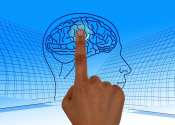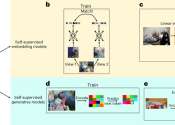Experience as a general concept comprises knowledge of or skill in or observation of some thing or some event gained through involvement in or exposure to that thing or event. The history of the word experience aligns it closely with the concept of experiment.
The concept of experience generally refers to know-how or procedural knowledge, rather than propositional knowledge. Philosophers dub knowledge based on experience "empirical knowledge" or "a posteriori knowledge".
The interrogation of experience has a long tradition in continental philosophy. Experience is an important aspect of the philosophy of Søren Kierkegaard. The German term Erfahrung, often translated into English as "experience" has a slightly different implication, connoting the coherency of life's experiences.
A person with considerable experience in a certain field can gain a reputation as an expert.
Certain religious traditions (such as types of Buddhism, Surat Shabd Yoga and mysticism) and educational paradigms with, for example, the conditioning of boot camps, stress the experiential nature of human epistemology. This stands in contrast to alternatives: traditions of dogma, logic or reasoning. Activities such as tourism, extreme sports and recreational drug use also tend to stress the importance of experience.









